2025 Postdoctoral Research Development Grant Awardees
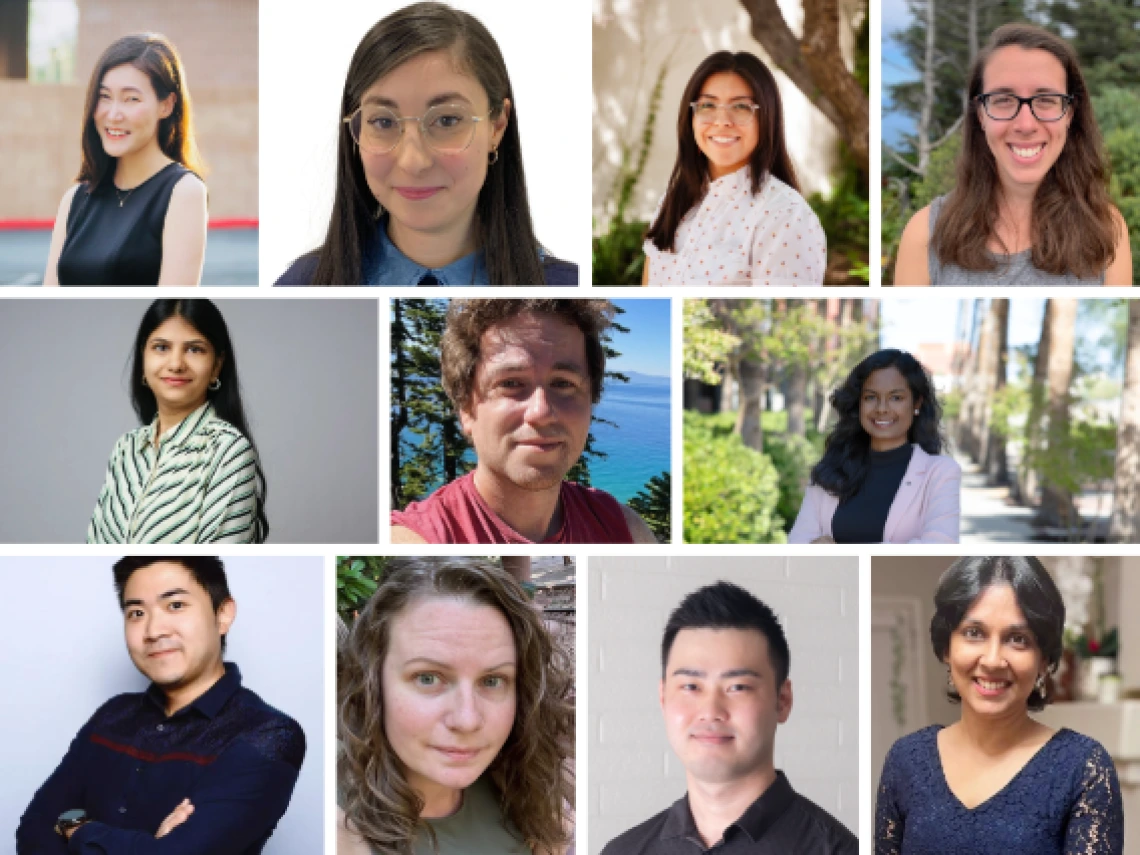
Top row left to right: Sarah Yeo, Celia Sahli, Vivianna Sanchez, Elizabeth Green; middle row: Rupali Jindal, Ryan Glaubke, Poulomi Nandi; bottom row: Zicheng Deng, Rebekah Mokry, Kentaro Yumigeta, Rashi Bhushan
Postdoctoral Affairs is delighted to announce the recipients of the 2025 Postdoctoral Research Development Grants (PRDGs).
PRDGs were established to support University of Arizona postdoctoral scholars in developing independent research skills to advance their career goals. The awardees will go on to conduct an independent research project (New Project PRDG) or to undertake additional training specific to their field (New Skills PRDG). Congratulations!
Applications for either the New Project or New Skills Training PRDGs are accepted annually. The new award cycle begins in 2026, with the application portal opening in March. Click here for more information.
New Project PRDG Recipients
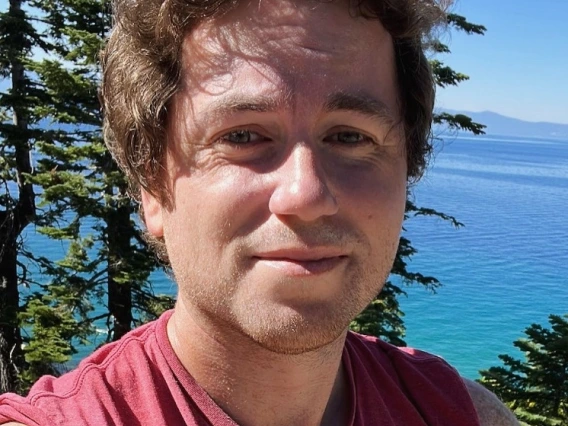
Bio
Dr. Ryan Glaubke was born and raised in Virginia Beach, VA, where his proximity to the coast quickly instilled a love for the ocean. He received his B.S. and M.S. degrees in Ocean and Earth Science at Old Dominion University in Norfolk, VA, before pursuing a Ph.D. in Oceanography at Rutgers University in New Brunswick, NJ. He is now a Postdoctoral Research Associate in the Paleo2 Laboratory at the University of Arizona's Department of Geosciences. Outside research, he enjoys spending time in nature, reading, going to concerts, and finding creative ways to communicate science to broader audiences.
New Project PRDG
Dr. Glaubke will analyze the geochemistry of tiny fossil shells buried in deep-sea sediments to reconstruct changes in deep ocean salinity since the last Ice Age, approximately 20,000 years ago. These reconstructions will help characterize the state of the ocean prior to the instrumental era and clarify the ocean's role during the most recent major global climate change event — the Last Deglaciation.
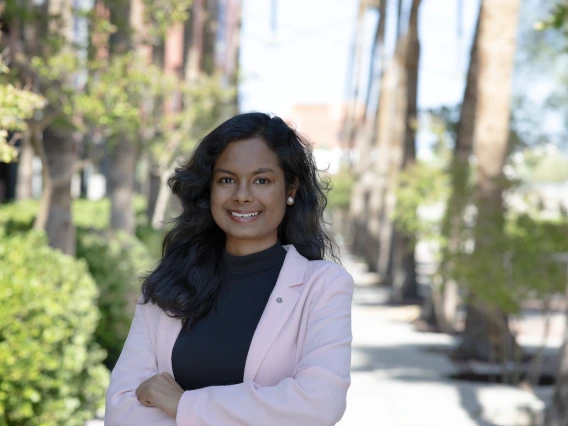
Bio
Dr. Poulomi Nandi, a postdoctoral researcher at the University of Arizona, is a materials electrochemist with expertise in advanced energy storage technologies. Her work has led to significant breakthroughs in energy density for supercapacitors and the fabrication of flexible micro-supercapacitors with rapid power delivery. Her research, at the intersection of materials chemistry and electrochemistry, is focused on developing advanced electrode materials and electrolytes for next-generation energy storage devices.
New Project PRDG
Zinc-based batteries offer a safe, low-cost, and eco-friendly solution for storing energy on a large scale, such as powering electrical grids. However, their performance is limited by inefficient zinc reactions, which shorten their lifespan. With PRDG funding, Dr. Nandi will build an automated electrochemical testing platform using the Opentrons OT-2 robotics system and machine learning to rapidly test hundreds of electrolyte recipes. This innovative approach will help discover the best formulations for zinc batteries, making them more efficient and sustainable.
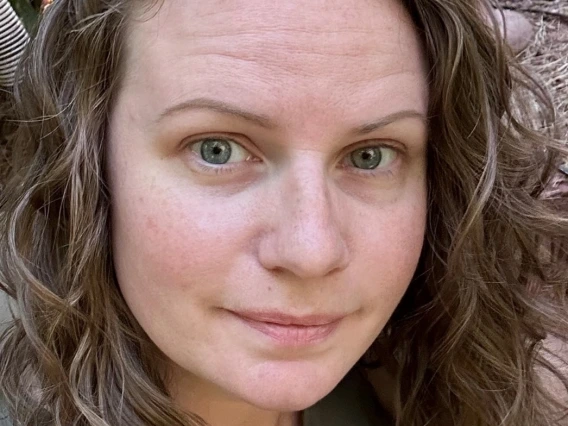
Bio
Dr. Rebekah Mokry exchanged the conifers of the Midwest for the cacti of the Southwest in 2022 when she joined Dr. John Purdy’s laboratory as a Postdoctoral Research Associate. Rebekah’s research focuses on virus-host metabolic interactions; specifically, how human cytomegalovirus successfully replicates in diverse nutrient niches in the body. She is also passionate about supporting trainee growth and development and co-founded a Trainee Virology Journal Club and the Immunobiology Postdoc Group. In 2023, Rebekah was awarded a BIO5 Postdoctoral Fellowship and an NIH F32 Postdoctoral Fellowship. In her free time, she enjoys reading classic, fantasy, and horror novels, playing video games, and spending time with family.
New Project PRDG
This project focuses on understanding how viruses use metabolism to successfully produce more virus. The herpesvirus human cytomegalovirus (HCMV) causes severe disease in people with weakened immune systems. Some people develop CMV-related disease in the retina of the eye that can lead to blindness. We do not fully understand how this disease progresses or the metabolic changes in the retina during infection. Retinal organoids are multicellular models that mimic retinal tissue in the eye. The project will develop a retinal organoid model of HCMV infection that will be used to study how the virus spreads, changes metabolism, and contributes to disease in the retina.
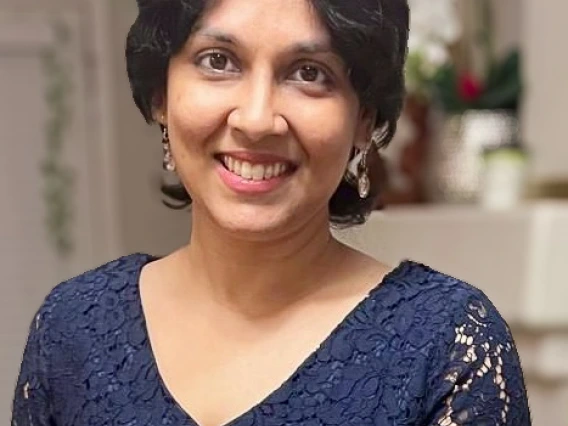
Bio
Dr. Rashi Bhushan is a Postdoctoral Research Associate at the University of Arizona, focusing on achieving Net Zero Urban Water (NZUW) futures in the U.S. Southwest amid challenges like the Colorado River crisis. Dr. Bhushan earned her Ph.D. from the Hong Kong University of Science and Technology and M.S. from the Pennsylvania State University, both in Civil Engineering. Prior to her Ph.D., she worked with an environmental consulting firm, focusing on hydrologic and hydraulic modeling for FEMA floodplain development. Her research interests include hydrologic modeling, adaptive water resources management, systems analysis, and multi-objective optimization.
New Project PRDG
Tucson’s Active Management Area faces declining groundwater levels and reduced Colorado River allocations. Existing recharge projects rely on treated wastewater and imported surface water, leaving urban stormwater untapped. The Flood Control District has identified locations for recharge using detention basins and dry wells, but the amount of stormwater reaching the aquifer is uncertain. With support from the Postdoctoral Research Development Grant, this project will use HYDRUS‑2D to model stormwater infiltration through these structures, considering local soils, geology, and subsurface variability. The model aims to offer accurate recharge assessments for effective stormwater projects in arid regions.
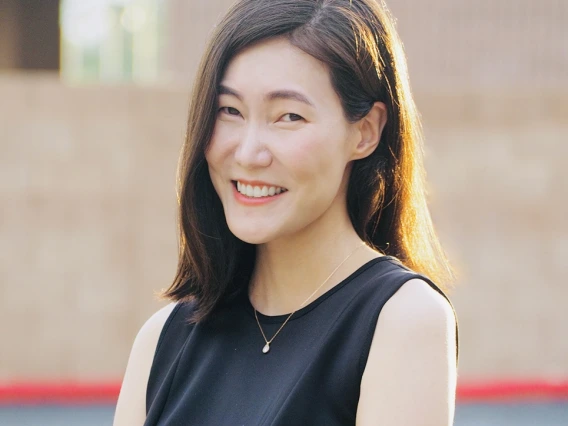
Bio
Dr. Sarah Yeo is an NIH T32 Postdoctoral Fellow at the University of Arizona Cancer Center. She completed a PhD in Health Behavior Health Promotion with a minor in Epidemiology from the University of Arizona in 2023. Prior to entering academia, Sarah served as an Evaluation and Research Specialist at World Vision, one of the largest international development organizations in the world, leading evaluation and research projects. As a social epidemiologist, her research focuses on the social determinants of health, such as policies, community resources, and geospatial factors, and the implementation and dissemination of evidence-based interventions for underserved populations.
New Project PRDG
This project aims to develop a cancer screening intervention for underserved refugee women in the United States. These populations, who have historically low screening rates, face unique barriers to care. Dr. Yeo will conduct in-depth interviews with US-based refugee women to explore their perceptions, challenges, and preferences related to breast and cervical cancer screening. Interviews will be conducted in the participants' preferred languages with the assistance of trained interpreters. PRDG funding will support the interviews and the creation of culturally and linguistically relevant cancer education materials to help promote screening uptake in refugee communities.
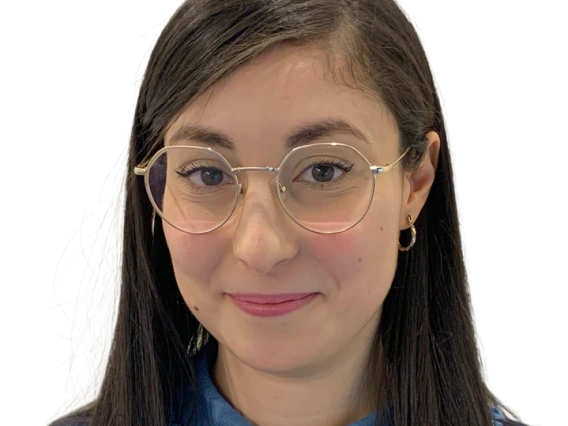
Bio
Dr Célia Sahli is a Postdoctoral Research Associate in the Kenry Laboratory. She received her PhD in Nanomedicine from Paris Cité University in France before joining the University of Arizona. She has extensive experience in nanomedicine engineering, particularly in the synthesis, characterization, and application of metallic nanoparticles and carbon dots for photothermal and magnetically actuated therapies. She is also skilled in evaluating in vitro nanotherapeutic efficacy against bacteria and biofilms. Her current research explores the use of machine learning for breast and ovarian cancer detection and treatment.
New Project PRDG
This project aims to develop a new cancer treatment using tiny particles that convert light into heat to kill cancer cells—a method called photothermal therapy. Gold-based nanoparticles will be designed to respond to a specialized laser for the treatment of pancreatic cancer, a highly aggressive and difficult-to-treat disease. This targeted, non-invasive approach holds promise as a safer and more effective alternative to conventional cancer therapies.
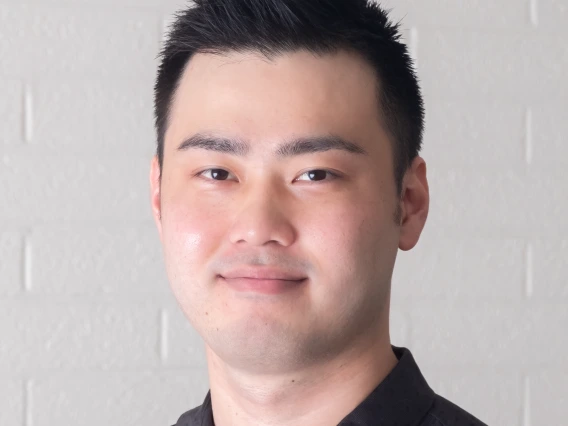
Bio
Dr. Kentaro Yumigeta is a postdoctoral associate in the Department of Materials Science and Engineering at the University of Arizona. He earned his PhD in Physics from Arizona State University. His research focuses on quantum materials, material synthesis, and nanomanufacturing for the integration of new materials into advanced electronic device applications.
New Project PRDG
This project aims to develop advanced radiation sensors using graphene nanoribbons (GNRs) -- one-atom-thick carbon strips that are just a few atoms in width. Existing radiation detection technologies often are either large in size or low in sensitivity. In contrast, the unique atomic-scale structure of GNRs offers the potential for highly sensitive and compact sensors. Dr. Yumigeta will explore how gamma radiation influences the structural and electronic properties of GNRs. His goal is to create improved sensor technology which is crucial in fusion energy and space exploration, where precise radiation monitoring is required.
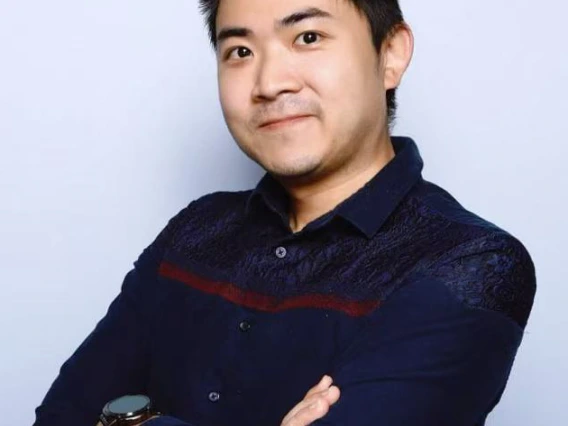
Bio
Dr. Zicheng Deng is currently a postdoctoral researcher in the Department of Child Health at the University of Arizona College of Medicine – Phoenix, working under the mentorship of Dr. Vladimir Kalinichenko. Dr. Deng’s research interests lie at the intersection of nanotechnology and medicine, with a focus on developing innovative therapeutic strategies using nanoparticle platforms. His work includes polymeric nanoparticles for targeted gene and drug delivery in the treatment of pulmonary vascular diseases, as well as iron oxide nanoparticles for cancer diagnosis and photothermal therapy.
New Project PRDG
Pediatric acute respiratory distress syndrome (ARDS), a severe complication of acute lung injury (ALI), has high mortality rates and no specific treatments. My project focuses on developing novel nanoparticle-based gene therapy for pediatric ALI/ARDS. This involves designing nanoparticles to target pulmonary endothelial cells in neonatal mice, especially within a pediatric ALI/ARDS model with disrupted endothelial barriers. Dr. Deng will investigate critical factors influencing nanoparticle stability, targeting precision, and transfection efficiency in the injured developing lung. By systematically optimizing these parameters, this work aims to establish a novel therapeutic platform for pediatric ALI/ARDS gene therapy.
New Skills PRDG Recipients
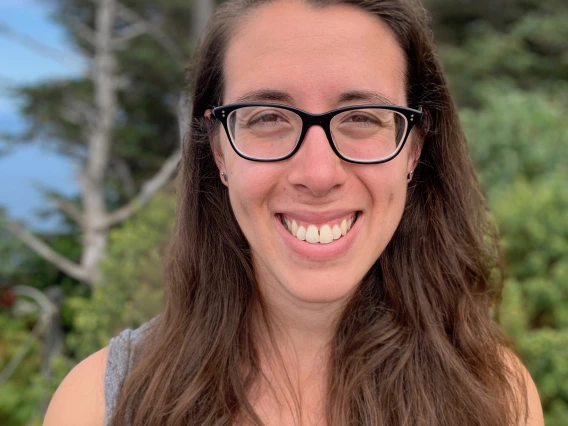
Bio
Dr. Elizabeth Green is a Postdoctoral Research Associate in the lab of Dr. Rebecca Schomer in the School of Plant Sciences. She earned her PhD at the University of North Carolina at Chapel Hill studying the ecology of plant fungal pathogens and the leaf microbiome. At the University of Arizona, she is researching how root exudates mediate bacterial infection by Ralstonia solanacearum and the genetic mechanisms behind Ralstonia chemotaxis, movement along a chemical gradient, in the presence of these exudates. She is interested in all things plant including plant-pathogen interactions, microbial, and disease ecology.
New Skills PRDG
Dr. Green will undertake training in sample preparation for metabolomic analysis and metabolomic data processing and analysis. Through their roots, plants exude compounds to attract beneficial microbes and deter pathogenic ones. Using metabolomics, Dr Green plans to characterize the root exudates of several plant species when healthy and when infected with a bacterial pathogen and select compounds of interest to investigate how infection alters plant signaling.
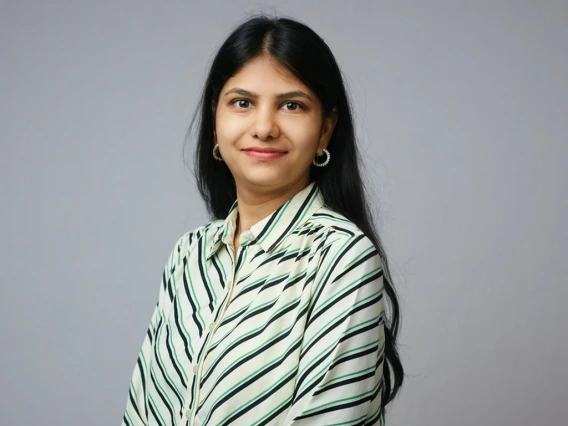
Bio
Dr. Rupali Jindal is a Postdoctoral Research Fellow at the University of Arizona, specializing in theoretical condensed matter physics. Her work primarily involves atomic-scale simulations using Density Functional Theory (DFT) to explore the electronic, vibrational, and optical properties of novel quantum dots and 2D materials. Through her research, Dr. Jindal aims to advance sustainable energy applications and deepen understanding of complex condensed matter systems through first-principles calculations. Currently, her ongoing research investigates solar cells and superconductivity, with the goal of advancing sustainable energy technologies under Prof. Sumitendra Mazumdar at the University of Arizona.
New Skills PRDG
As global energy demand rises, continued dependence on fossil fuels presents major environmental challenges. This project addresses the critical need for clean energy by focusing on hydrogen—a promising, zero-emission fuel. Dr Rupali will attend the renowned Machine Learning School at Princeton University where, over the course of 10-days, she will gain specialized training in advanced data-driven methodologies. By integrating machine learning with density functional theory, Dr. Jindal hopes to design and optimize advanced nanomaterials to enhance their performance in hydrogen evolution reactions.
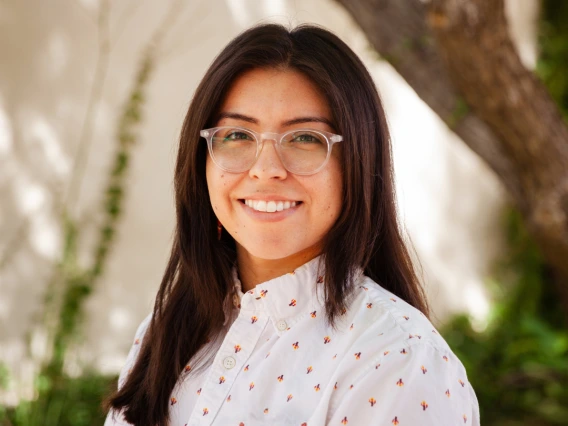
Bio
Dr. Vivianna Sanchez is a Postdoctoral Associate in the Carini Lab in the Department of Environmental Sciences where she studies high-throughput cultivation methods for soil microbes. Dr. Sanchez earned her PhD at Cornell in Microbiology working in the area of solitary bee microbiomes. In the Carini Lab, she trains undergraduates in microbial cultivation and serves as an adjunct instructor in her spare time. Her career goal is to become a professor of practice, developing a research-based curriculum that engages undergraduates in contemporary research areas.
New Skills PRDG
Vivianna will use the New Skills PRDG funds to attend a 10-day Bee Course at the Southwestern Research Station in Portal, Arizona which will provide formal training in bee taxonomy, specimen preparation, and field methodologies. With these skills, Dr. Sanchez proposes to go on to develop Course-based Undergraduate Research Experiences (CUREs) for community college biology students. Vivianna's goal is to make science accessible to diverse student populations while contributing to our understanding and protection of these essential yet threatened pollinators.
